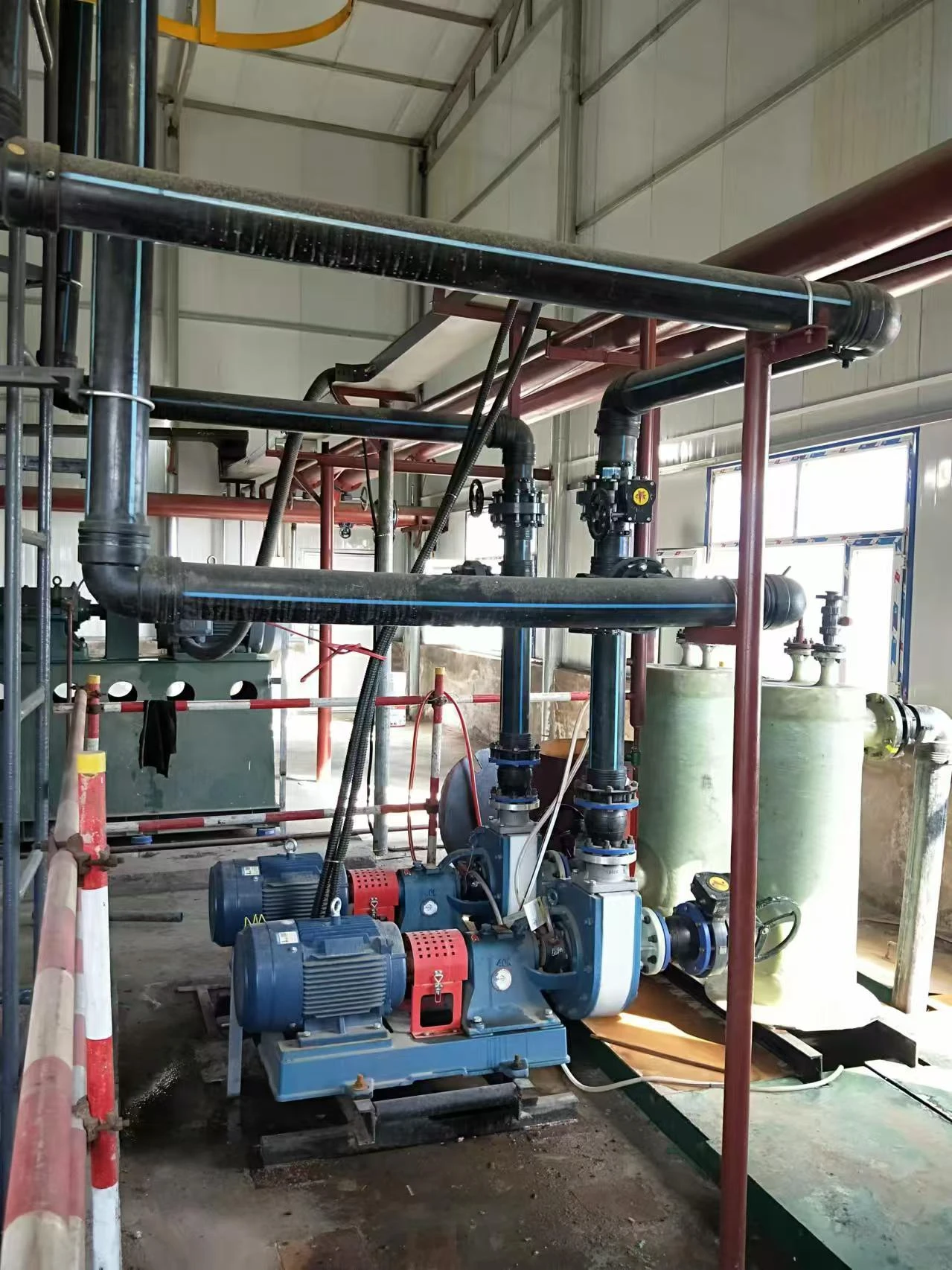
Dec . 13, 2024 23:48 Back to list
thermal oil boiler pdf
Understanding Thermal Oil Boilers Efficiency, Applications, and Advantages
Thermal oil boilers are an essential component in various industrial heating applications where high temperatures are required. Unlike traditional steam boilers, which generate steam to transfer heat, thermal oil boilers utilize thermal fluids to effectively transfer heat at high temperatures while maintaining low pressures. This unique mechanism provides numerous advantages, making thermal oil boilers increasingly popular across many industries.
How Thermal Oil Boilers Work
Thermal oil boilers operate on the principle of indirect heating. They heat a special thermal fluid, usually a hydrocarbon-based oil, which circulates through a closed loop system. The heated oil then transfers its thermal energy to the heat exchangers, where it can be used to heat processes or equipment directly. This method allows for controllable and precise temperature settings, making it ideal for processes that require consistent heating.
A thermal oil system comprises several components, including the boiler, expansion tank, oil pump, heat exchangers, and temperature control devices. The system is designed to operate typically at temperatures ranging from 300 to 400°C (572 to 752°F), though advanced systems can achieve even higher temperatures. The ability to maintain these temperatures with low pressure operation significantly reduces the risk of hazards associated with high-pressure steam systems.
Applications of Thermal Oil Boilers
Thermal oil boilers are widely used in industries such as chemical processing, food production, textile manufacturing, and oil and gas extraction. In chemical processing, thermal oil is used for reactions requiring precise temperature control. In the food industry, it plays a crucial role in processes like frying, drying, or sterilizing products, ensuring quality and safety.
In the textile industry, thermal oil boilers provide the necessary heat for finishing processes, such as drying and dyeing fabrics, where high thermal efficiency and consistent temperatures are critical. Additionally, in oil and gas operations, thermal oil is used for maintaining the viscosity of crude oil and facilitating its flow during extraction.
Advantages of Thermal Oil Boilers
thermal oil boiler pdf

1. High Efficiency One of the primary advantages of thermal oil boilers is their high thermal efficiency. Compared to conventional boilers, thermal oil systems reduce heat loss, leading to lower fuel consumption and operational costs.
2. Precise Temperature Control These boilers allow for precise and consistent temperature control, which is crucial in many industrial processes. Operators can easily adjust the temperature settings according to production requirements.
3. Low Operating Pressure Thermal oil boilers operate at lower pressures than steam boilers, significantly reducing the risk of accidents and the need for complex safety measures.
4. Versatility Thermal oil boilers can be used with various fuels, including natural gas, oil, and solid fuels, making them adaptable for different operational needs and available energy sources.
5. Longer Lifespan Thermal oils are designed to withstand high temperatures without breaking down, which contributes to the longevity of the system. Moreover, the maintenance requirements are generally reduced due to the smooth operation and reliable design of thermal oil boilers.
6. Environmental Considerations Many modern thermal oil boilers are designed with energy efficiency in mind, reducing greenhouse gas emissions and minimizing environmental impact. Advanced systems may also include features such as flue gas heat recovery, enhancing their eco-friendliness.
Conclusion
Thermal oil boilers represent a critical innovation in industrial heating technology, offering superior efficiency, precise temperature control, and versatility across various applications. As industries strive for greater efficiency and sustainability, the adoption of thermal oil boiler systems is likely to grow, paving the way for enhanced operational performance and reduced environmental footprints. With continued advancements in technology, the future of thermal oil boilers looks promising, making them an integral part of modern industrial processes.
-
High-Efficiency Commercial Oil Fired Steam Boiler for Industry
NewsJul.30,2025
-
High-Efficiency Biomass Fired Thermal Oil Boiler Solutions
NewsJul.30,2025
-
High Efficiency Gas Fired Thermal Oil Boiler for Industrial Heating
NewsJul.29,2025
-
High-Efficiency Gas Fired Hot Water Boiler for Sale – Reliable & Affordable
NewsJul.29,2025
-
High Efficiency Biomass Fired Hot Water Boiler for Industrial and Commercial Use
NewsJul.29,2025
-
High-Efficiency Biomass Fired Hot Water Boiler for Industrial Use
NewsJul.28,2025
Related PRODUCTS






















